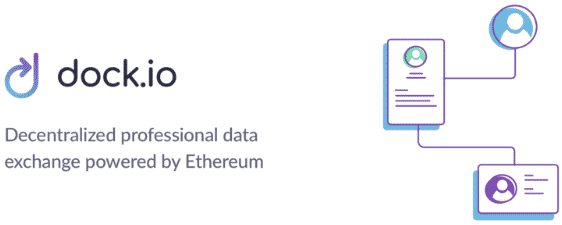Since the advent of the internet and its solution of interconnecting individuals and establishments across every part of the globe, the professional industry has leveraged on it as a tool for significant expansion. Several platforms hosted on the internet have taken advantage of its interconnectivity to break previously existing barriers that hindered job flexibility and restrictions.
Limitations of centralized platforms Platforms such as LinkedIn, Upwork, and Remote.com have provided freelancers platforms to showcase themselves and find unlimited opportunities within the specific platforms. These networks have enabled professionals from different parts of the globe to connect and find areas where their services are needed. However, the centralized nature of such independent networks imply significant limitations that are hurting the professional industry. The inability of personal information, qualifications and resume to be shearable between multiple platforms most often limits the chances of professionals who are laden with the task of uploading and updating their information independently unto any new platform. The tedious nature of this task and its complications sometimes leads to omissions that could be costly to these professionals. The risk of central control The fact that these independent networks hoard such data of individuals in their custody implies that they retain total control of such information and may do as they wish at any given point in time. This is the cost of centralization. A typical example is seen with the case of LinkedIn which in previous years provided a public API which allowed users to transfer their data to other applications. As a result 30,000 applications integrated, many large companies were born, and industry innovation flourished. In 2015, LinkedIn abruptly restricted API access and as a result many companies died and innovation slowed?. As blockchain and decentralization continues to change the way things are done, transferring power to the real owners, the professional industry is beginning to experience its own share of disruption. Blockchain disruption From the creators of Remote.com and comes a decentralized data exchange protocol built on blockchain, dock.io. The platform is an open and connected solution that allows users to truly own their data, and enabling applications to communicate and transfer data. This project completely takes away the power from centralized platforms, offering users the opportunity to truly own and control their own data in a secure, reliable and inter-platform transferable manner.
Associated incentives By implementing blockchain technology and tokenization, a new industry paradigm is created which will enable incentivization using the DOCK tokens, hence corporate benefits. This new technology will allow users to onboard complete professional histories in seconds, making it much more feasible to be successful, innovate, and provide better experiences to people around the world. When professionals can effectively transfer their data seamlessly between various platforms without hassle, it will lead to a more efficient industry that will enable easy access to specific opportunities without omissions as is currently experienced. Corporate entities seeking professionals will no longer need to jump between platforms, neither will professionals suffer the headache of signing up with multiple platforms in their quest for exposure.

